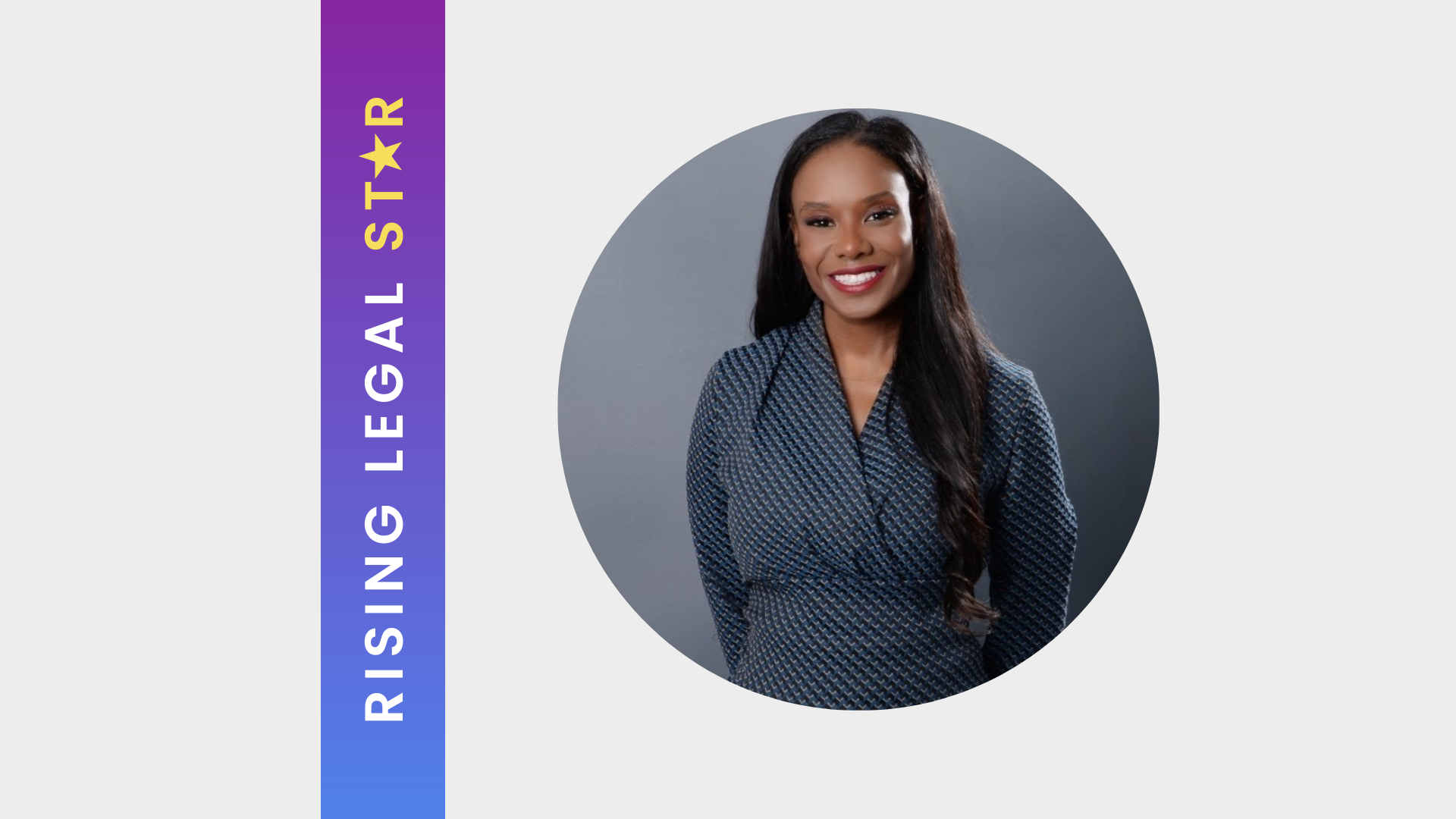The thing about common sense is that it's not that common
François-Marie Arouet, better known by his nom de plume “Voltaire”, was an 18th century French Enlightenment writer, historian and philosopher, famous for his wit and his advocacy of freedom of speech. One of his most popular quotes is the beautifully simple:
“Common sense is not so common.”
Although the meaning seems fairly obvious, what we call “common sense” seems to be pretty rare these days. But it was as true for Voltaire in the mid 1700’s, over 250 years ago, as it is today... and it’s still a problem!
What’s this got to do with delivering projects?
What we call “common sense” is a core of knowledge and wisdom that we have and think others should have as well.
Throughout a project (in fact, in any walk of life), different groups of people have different specialisations. For an information security professional for example, it might be common sense not to write down your passwords – but how are the rest of us supposed to remember them all? For a software tester, it might be common sense to see what happens when you close the browser half way through a mortgage application – for the software developer that might seem inconceivable. One of the problems with common sense is the lack of commonality of experience and viewpoint.
Despite these differences, common sense exists as a label of what a particular group of people value as a fundamental set of facts and experiences. Together, these form a sort of social contract whereby everyone has a similar idea about what should and should not be done, helping to bind them together.
How can I apply this to my projects?
Good common sense is the foundation of all successful projects, and while it may seem like a slightly condescending and obvious point to make, I’m surprised how often it’s overlooked.
One of the foundational pieces of common sense project management is to be the voice of realism. If, for example, timescales or budget aren’t realistic, call it out! No-one will be impressed by the project manager who agrees to a delivery timescale or budget that will be missed or exceeded (despite any early pressure they may be put under).
The best way to do this is to detach and be objective. Your responsibility as project manager is to make sure that you hold a mirror up when making a decision or putting together a project plan: How will this actually pan out? What can scupper your plans? How can we mitigate risks before they become issues? It’s better to have a tough conversation up front and set everyone’s expectations as opposed to when you’re in the midst of delivery. We’ve all been there!
Top tip – make sure your Nan can understand it

As the saying goes, “Knowledge is power” – unless, as I have found, it’s not. One of the most controversial viewpoints I hold which I find myself in disagreement with others on is that for me, project managers should have little or no knowledge of the expert subject matter they are delivering. (They should, however, have as much general experience in the field as possible, and have subject matter expertise within their team).
“Madness!” I hear you cry? “You’ve lost it this time old chap!”.
Well, allow me to challenge that view for a moment.
My hypothesis is that too much expert knowledge is a hinderance to effective communication to your stakeholders. It is human nature to make assumptions – overtly or covertly – and when you know too much, it can be a blocker to getting to the root of the issue.
It’s better to be in the position to question and re-question everything that does not make basic common sense. This very principle has been one of the cornerstones of my own experience.
If something doesn’t make sense, ask. Then ask again. Then ask some more. There are only ever two possibilities – either the person providing the answer has not explained themselves clearly enough OR something is amiss. (The 3rd explanation is that you’re not very clever, but as you’re reading this article, I’ll assume that’s not the case )
If an expert is unable to explain themselves in a simple, straightforward manner, I would contest that they do not understand it enough themselves, and that something is not quite right. Dig, ferret away, get that crystal-clear explanation.
Imagine going to visit your Nan (or any elderly relative with absolutely no knowledge of what you do in work). Could you tell them what you do in simple terms? Could you explain the problem(s) you’ve been wrestling with all week so she “gets it”?
Would your Nan think what you’re doing is “common sense”?
If the answer is “no”, then ask more questions!
Our latest insights







